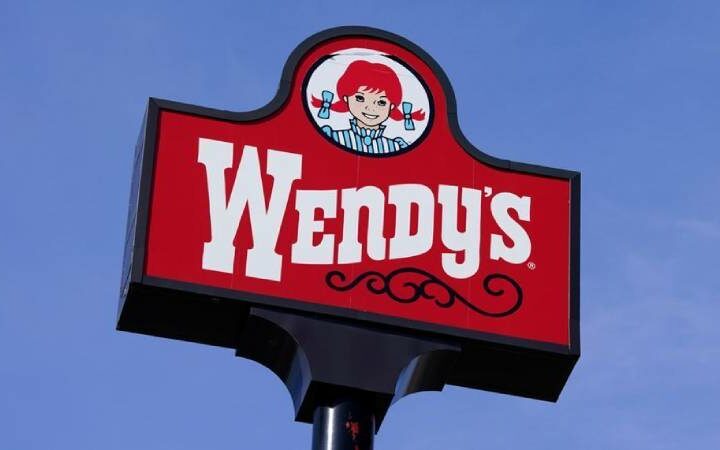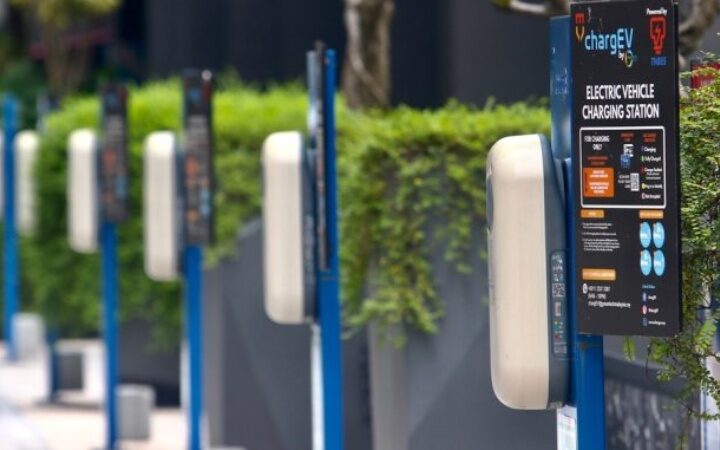A San Francisco government court concluded that Tesla should pay a former worker, Owen Diaz, around $137 million after he persevered through racist abuse working for the organization, his lawyers told CNBC on Monday. The jury granted more than attorneys asked their customer, incorporating $130 million in punitive damages and $6.9 million for emotional distress.
Bloomberg initially gave an account of the choice.
Diaz, a former contract laborer who was employed at Elon Musk’s electric vehicle organization through a staffing office in 2015, confronted an antagonistic workplace wherein, he told the court, partners utilized appellations to stigmatize him and other Black specialists, told him to “go back to Africa” and left racist graffiti in the restrooms and a racist drawing his workspace.
As per Diaz’s lawyers, J. Bernard Alexander with Alexander Morrison + Fehr LLP in Los Angeles and Larry Organ with the California Civil Rights Law Group in San Anselmo, the case was simply ready to push ahead in light of the fact that the laborer had not marked one of Tesla’s mandatory arbitration agreements.
Tesla utilizes mandatory arbitration to constrain representatives to determine debates in secret as opposed to in a public trial.
Like different organizations that utilization mandatory arbitration, Tesla seldom faces huge harms or makes profound remedial moves after mediators resolve a question. Notwithstanding, Tesla was needed to pay $1 million — as the consequence of an assertion arrangement — to another previous laborer, Melvin Berry, who likewise persevered through a racist, hostile work environment at Tesla.
A forthcoming class-action lawsuit in Alameda County in California — Vaughn v. Tesla Inc. — likewise asserts that Tesla is overflowing with racist discrimination and harassment.
“We were able to put the jury in the shoes of our client,” Alexander told CNBC. “When Tesla came to court and tried to say they were zero tolerance and they were fulfilling their duty? The jury was just offended by that because it was actually zero responsibility.”
An investor dissident, Nia Impact Capital, is encouraging Tesla’s board to concentrate on the impacts of obligatory mediation on their own workers and culture.
Specifically, the Oakland-based social effect reserve is worried that compulsory assertion can empower and conceal inappropriate behavior and bigoted segregation from Tesla partners, at last hurting representatives, hosing resolve and efficiency just as burdening the primary concern.
In a new investor proposition Nia Impact Capital composed:
“The use of mandatory arbitration provisions limits employees’ remedies for wrongdoing, precludes employees from suing in court when discrimination and harassment occur, and can keep underlying facts, misconduct or case outcomes secret and thereby prevent employees from learning about and acting on shared concerns.”
Institutional Shareholder Services, the proxy advisory firm, suggested investors vote in favor of Nia’s proposition, noticing that Tesla has confronted numerous genuine charges of sexual and racial provocation and segregation throughout the long term.
This is the second year straight that Nia Impact Capital has coasted such a proposition.
This year, as it did last year, Tesla’s board has advised shareholders to cast a ballot against providing details regarding the effects of required intervention on workers.
Tesla’s yearly investor meeting is planned for Oct. 7 and will happen at Tesla’s new vehicle gathering plant under construction outside of Austin, Texas.
Tesla didn’t promptly react to a request for comment.
In any case, the organization gave a blog entry late Monday to the overall population, which it said had been conveyed inside to representatives before by Tesla VP of People Valerie Capers Workman. In the post, she made light of the seriousness of the bigoted segregation Diaz portrayed.
For example, Workman’s letter said:
“In addition to Mr. Diaz, three other witnesses (all non-Tesla contract employees) testified at trial that they regularly heard racial slurs (including the n-word) on the Fremont factory floor. While they all agreed that the use of the n-word was not appropriate in the workplace, they also agreed that most of the time they thought the language was used in a ‘friendly’ manner and usually by African-American colleagues.”
She additionally underlined that Tesla had made changes since 2016 when Diaz last worked for the organization, including adding a Diversity, Equity and Inclusion group, and trading out an “Hostile to Handbook” with a more traditional Employee Handbook where HR strategies are gathered in one spot.
Laborer’s statement didn’t determine whether or when Tesla intends to pursue.
- NBA Rookie of the Year Favorite: Former UConn Huskies Star Guard - December 17, 2024
- Where to Watch the ‘Yellowstone’ Finale Without Cable: A Simple Guide - December 14, 2024
- Wendy’s is celebrating the festive season with 12 days of ‘Bow-Go’ deals exclusively on the app - December 13, 2024









